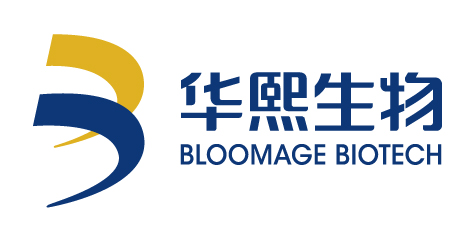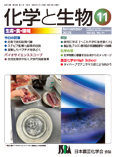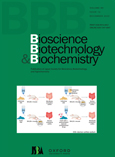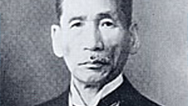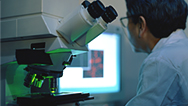Greetings from the 63rd JSBBA President
September 13, 2021 Last Updated
Asahi Matsuyama
The 63rd President of Japan Society for Bioscience, Biotechnology, and Agrochemistry,
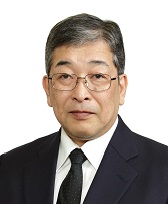 I am Asahi Matsuyama, the president of Japan Society for Bioscience, Biotechnology, and Agrochemistry since May 21, 2021. I would like to take this opportunity to greet all the members of the Society.
I am Asahi Matsuyama, the president of Japan Society for Bioscience, Biotechnology, and Agrochemistry since May 21, 2021. I would like to take this opportunity to greet all the members of the Society.
Japan Society for Bioscience, Biotechnology, and Agrochemistry, founded by Dr. Umetaro Suzuki in 1924, will be celebrating its 100th anniversary in 2024, . Agricultural chemistry, a research field unique to Japan, is an academic discipline that encompasses basic and applied research in areas related to chemistry and biology, such as life, food, and environment. The Society has been making an effort not only to develop and disseminate information about research conducted in these academic fields but also to cultivate the researchers and engineers involved in these fields and utilize the diverse results of such research to improve the daily lives of human beings. In 2012, we restarted as a public interest incorporated association, and in 2017, we merged with the Agricultural Chemical Research Foundation. The fact that we have been able to significantly contribute to the community and become established as the largest academic Society in the field of agriculture, both in name and reality, is the result of the great efforts of our past presidents and our professors. I would like to express my heartfelt respect and gratitude toward them.
In agricultural chemistry, the word “agriculture” refers not just to agriculturally processed products but also to technologically processed products. Corporations have skillfully applied the results of fundamental research conducted primarily by universities and research institutes associated with agricultural chemistry and delivered various values that satisfactorily meet consumer expectations. These products are then returned to society and contribute to a sustainable society and world. Many of the SDGs (Sustainable Development Goals) listed by the United Nations require the technologies covered by JSBBA, and I believe that the importance of the fields in JSBBA will increase further in the future. For example, there are descriptions of the development of sustainable agriculture (Goal 2), technologies for environmental remediation and clean energy (Goals 6 and 7), and technologies for efficient utilization and recycling of marine and land natural resources (Goals 12, 14, and 15). Goal 9 describes the use of the outcomes from these technological developments to promote sustainable new industries.
I am the first elected president of this Society who comes from an industrial background. In the nearly 100 years of our history, the Society has enjoyed an excellent collaboration with the industry, government, and academia. I believe that in the next 100 years, the Society will lay the foundation for promoting academic achievements that contribute to the community and the people by further promoting an industry–government–academia collaboration. The Society has established itself as a major contributor in the co-creation between industry and academia, which further instigates the creation of a community wherein researchers and engineers from industrial, governmental, and academic backgrounds feel the need and desire to continue this active collaboration. A major feature of our Society is our branch activities that are closely linked to the local community, via which we aim to further promote cooperation with the local companies and industries. By coordinating the activities between the headquarters and the branches, we would also like to implement several initiatives by the Society that will facilitate the contribution of agricultural chemistry-related research results and information in the betterment of people’s lives.
Due to the impact of COVID-19, the 2020 conference was not held in person. For the 2021 conference, the award ceremony and lectures were held in a hybrid format while the general exhibitions and symposia were held online. Research, developmental, and educational activities in agricultural chemistry have continued to thrive owing to the great efforts of our members. Although we still do not know whether the COVID-19 pandemic will completely subside, we are looking forward to the next 100 years and urgently exploring the most conducive ways to organize conferences, lectures, and other events and devise attractive activities and services that will match the lifestyles and work styles of the future. I would like to ask for your continued support and cooperation for the same.































